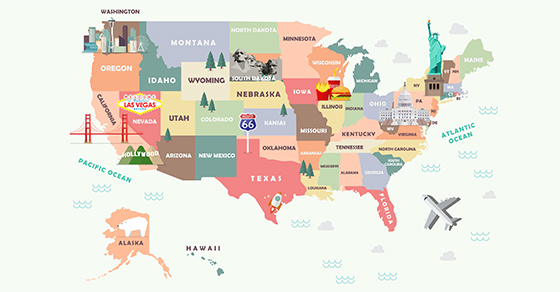State and local sales tax deduction remains, but subject to a new limit
Individual taxpayers who itemize their deductions can deduct either state and local income taxes or state and local sales taxes. The ability to deduct state and local taxes — including income or sales taxes, as well as property taxes — had been on the tax reform chopping block, but it ultimately survived. However, for 2018 through 2025, the Tax Cuts and Jobs Act imposes a new limit on the state and local tax deduction. Will you benefit from the sales tax deduction on your 2017 or 2018 tax return?
Your 2017 return
The sales tax deduction can be valuable if you reside in a state with no or low income tax or purchased a major item in 2017, such as a car or boat. How do you determine whether you can save more by deducting sales tax on your 2017 return? Compare your potential deduction for state and local income tax to your potential deduction for state and local sales tax.
This isn’t as difficult as you might think: You don’t have to have receipts documenting all of the sales tax you actually paid during the year to take full advantage of the deduction. Your deduction can be determined by using an IRS sales tax calculator that will base the deduction on your income and the sales tax rates in your locale plus the tax you actually paid on certain major purchases (for which you will need substantiation).
Your 2018 return
Under the TCJA, for 2018 through 2025, your total deduction for all state and local taxes combined — including property tax — is limited to $10,000. You still must choose between deducting income and sales tax; you can’t deduct both, even if your total state and local tax deduction wouldn’t exceed $10,000.
Also keep in mind that the TCJA nearly doubles the standard deduction. So even if itemizing has typically benefited you in the past, you could end up being better off taking the standard deduction when you file your 2018 return.
So if you’re considering making a large purchase in 2018, you shouldn’t necessarily count on the sales tax deduction providing you significant tax savings. You need to look at what your total state and local tax liability likely will be, as well as whether your total itemized deductions are likely to exceed the standard deduction.
Questions?
Let us know if you have questions about whether you can benefit from the sales tax deduction on your 2017 return or about the impact of the TCJA on your 2018 tax planning. We’d be pleased to help.





